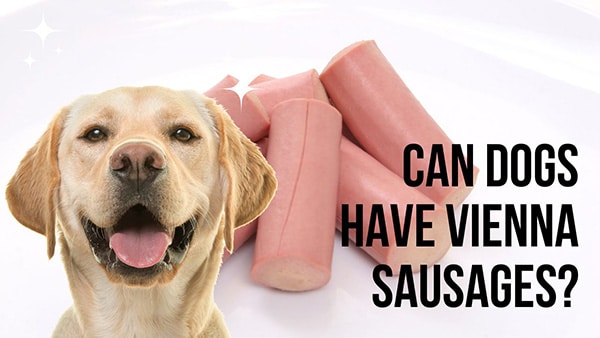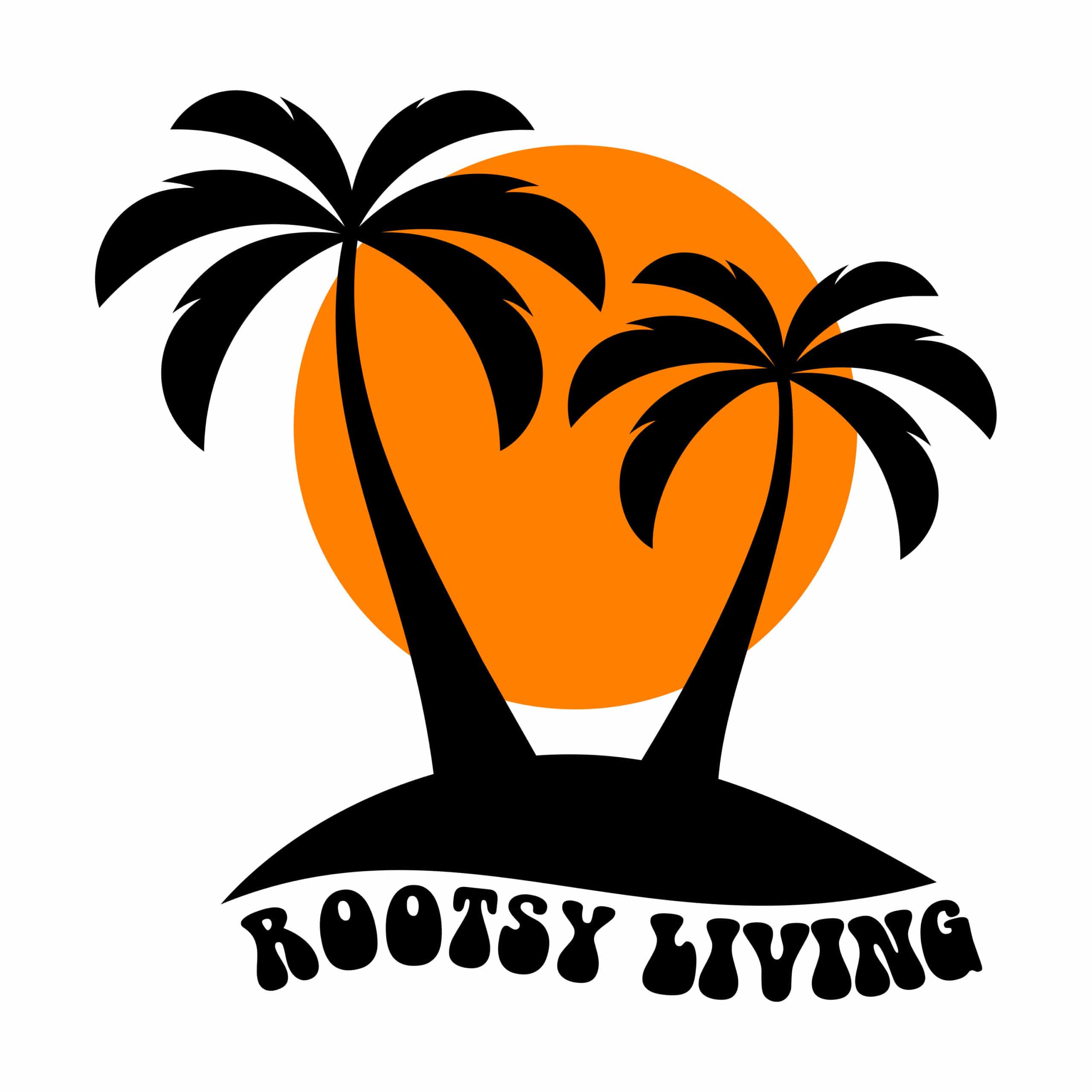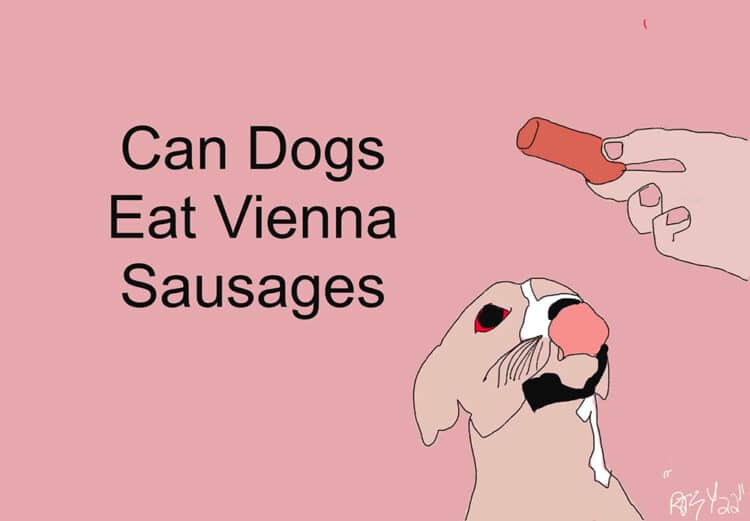In response to the question, “Can dogs eat Vienna sausages?” your initial response is probably, “Of course! Why couldn’t they?”
In fact … you’d be wrong! Although your dog will no doubt be extremely interested in Vienna sausages if you have them around, these tasty little morsels are bad for dogs — no matter what kind they are, fresh or canned.
Let’s take a closer look at why dogs should not eat Vienna sausages, starting with an explanation of what a Vienna sausage actually is.
Table of Contents
What Are Vienna Sausages?
A Vienna sausage (“Wienerwurst” in German) is a smooth-textured sausage that originates in Vienna, Austria. These sausages tend to be eaten as a street food as they are long and slender (easy to be carried around) and have a mild flavor that goes well with other foods.
Vienna sausages are typically made from beef or pork. They may be fresh or canned. In Austria, they are usually fresh and do not resemble the canned version commonly seen in America and elsewhere.
Vienna sausages are often compared to Frankfurters. Just as Vienna sausages come from Vienna, Austria, Frankfurters come from Frankfurt, Germany.

Can Dogs Eat Vienna Sausages?
No. Dogs should not eat Vienna sausages. Here are four reasons why.
They may include ingredients that are toxic for your dog.
Vienna sausages may not seem spicy, but they’re actually usually seasoned with at least a few additional flavors. This even goes for plain sausages from the grocery store. Seasoning is generally mixed into the meat before it is put into the case, and sometimes, the canning process involves additional spices as well.
Unfortunately, commonly used spices such as garlic powder or onion powder may have toxic effects on your dog, including causing distress of the gastrointestinal tract and other tummy troubles.
They’re high in sodium.
Just as humans need to watch their sodium intake on a daily basis, dogs do too. Any canned food is going to be high in sodium due to the canning process. Likewise, sausages in general tend to be high in sodium because of how they are made.
Combined, these two circumstances make Vienna sausages (when canned) extremely salty. To be sure, even fresh Vienna sausages have a considerable amount of salt in them. It’s bad to give your dog foods that are super high in sodium because it can cause dehydration, bloating, and even excessive urinating.
They include preservatives and additives that may cause health problems.
Canned foods like Vienna sausages also commonly include additives and preservatives to help them stay fresher for longer on store shelves and in pantries. Some fresh sausages may have additives and preservatives in them as well.
Both of these are important to avoid with dogs because they are often linked with serious health problems like heart disease. Sodium nitrate, for example, may be found in Vienna sausages, and this is a dangerous food for any breed of dog.
They contain a considerable amount of fat.
If you’re trying to help your dog lose some weight, it’s best to avoid any foods that have a lot of fat and calories in them. Vienna sausages tend to be both high in fat and high in calories. They are small, but they pack a big punch!
Unfortunately, dogs who are overweight or obese have a higher risk of serious organ-related illnesses such as kidney issues or pancreatitis (inflammation of the pancreas). Your veterinarian may have told you to avoid fatty foods if your dog is overweight, and this would definitely mean that Vienna sausages are off the list.
What Types of Meat Are Safe for Dogs to Eat?
Some meats are better than others when it comes to your dog’s diet. Below is a list of meats that are typically healthy choices for your canine friend.
As a side note, most cuts of meat can be fed to your dog cooked or raw. In fact, there are numerous benefits of raw meat for dogs — and it’s certainly more nutritious than Vienna sausages or something like kibble. Some dog owners even prefer raw meat to cooked meat — as with feeding techniques like Rotational Monofeeding (RMF), for example.
Here are four meats you should consider feeding your dog.
#1 – Chicken
Chicken is a meat dogs love. Poultry, especially, is known to help dogs build lean muscle. The fatty acids found in chicken also serve to improve your dog’s coat. Chicken breast, chicken thighs, or chicken legs are okay to give to dogs, but chicken breast is often favored as it is lean white meat.
#2 – Turkey
Turkey can also be served to dogs. Ground turkey or turkey breast are usually the best options. Some pet owners like to crumble some ground turkey onto their dogs dry food for an added kick of flavor and some protein benefit. But plain turkey alone also has a multitude of benefits.
#3 – Beef Roast and Steak
Beef roast and steak are also great for dogs. Just try to avoid any added spices. Many people like to put spices like garlic powder on their steaks and roasts, but these are not ideal for dogs. Always check a reliable source before giving your dog any type of spice.
#4 – Ground Beef (Lean)
Finally, lean ground beef is also good for dogs. Do not give dogs ground beef that has been seasoned for tacos or other meals, however, as these spices tend to contain a lot of sodium and may cause digestive problems for your pup. Plain ground beef is best.

Questions And Answers
Can dogs eat processed meats?
Avoid giving your dog processed meat like deli meats and hot dogs as dog treat due to multiple reasons, including additives, high salt content, choking hazard, and elevated fat levels. Hot dogs, in particular, contain additives like seasonings, sweeteners, and preservatives that are not suitable for a dog’s health.
Can dogs eat Vienna bread?
In brief, yes, dogs can safely eat bread in moderation, provided it’s fully baked and free from toxic ingredients like raisins, garlic, seeds, or chocolate. However, it doesn’t offer significant nutritional benefits, so it’s not recommended as a regular part of your dog’s diet.
Which sausages are safe for dogs?
Dogs can consume unseasoned sausage in small, moderated portions, but it’s crucial to cook them thoroughly and cut them into small pieces. The elevated salt and fat levels in sausages can pose risks to your dog’s health and digestive upset.
What happens if my dog ate Vienna sausage?
Vienna sausage has an excessive amount of sodium and fat, and it might include seasonings that can be unsafe for dogs. Consistent consumption of a significant amount of Vienna sausage by your dog could lead to various digestive issues, kidney disease, or even pancreatitis, ranging from mild to severe.
What kind of sausage can dogs eat?
Dogs love sausages, but they aren’t the healthiest choice for them. If you want to give your dog an occasional treat, make sure the sausage is high-quality, plain, and free of added seasonings or flavorings. Be sure to cook it thoroughly before serving.
What Other Foods Are Not Safe for Dogs?
As a dog owner, it can be difficult to know what foods are safe for your dog to eat. After all, from dogs eating corn starch to watermelon rind, most foods will be fine for your dog’s digestive system. Then, seemingly at random, you’ll learn that a typical food like grapes can be poisonous to canines.
A good rule of thumb is to simply Google Can dogs eat Vienna sausages? or any new processed foods you plan on introducing to your dog. And you’re already off to a great start by learning about Vienna sausages before serving them. Chances are you Googled, “Can dogs eat Vienna sausages?” because you have some of these delicious little delights in your refrigerator or cupboard, and your dog has been particularly interested in them.
While you now know that Vienna sausages aren’t safe for dogs to eat like most processed foods, do consider any of the other meats listed above if you’d like your dog to have more protein. Fortunately, as an added bonus, these meats tend to be most dogs’ favorites anyway!

